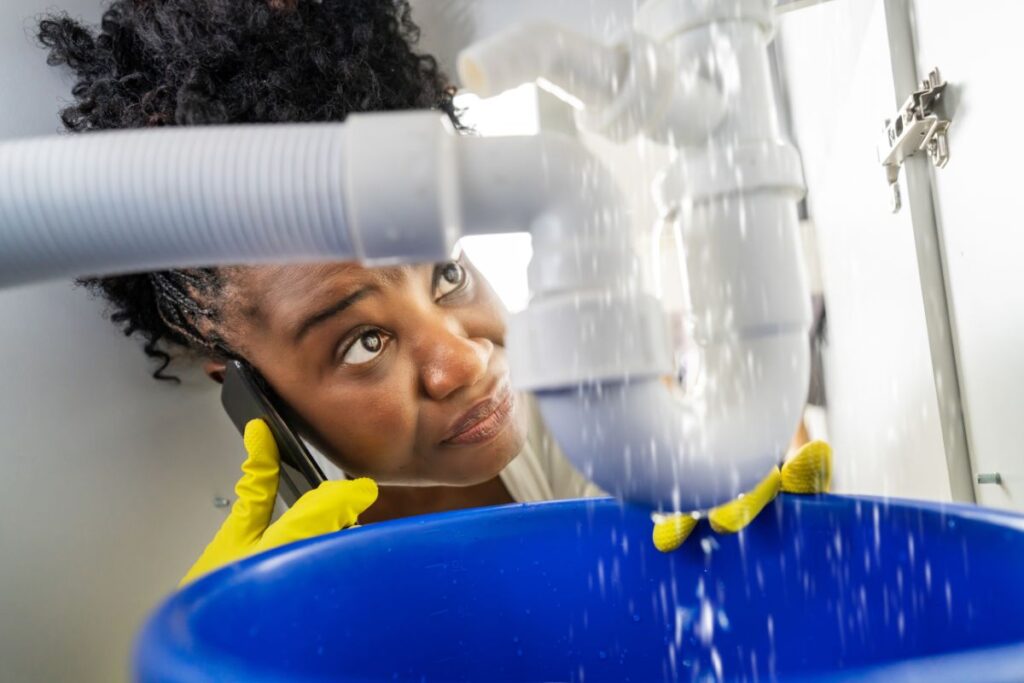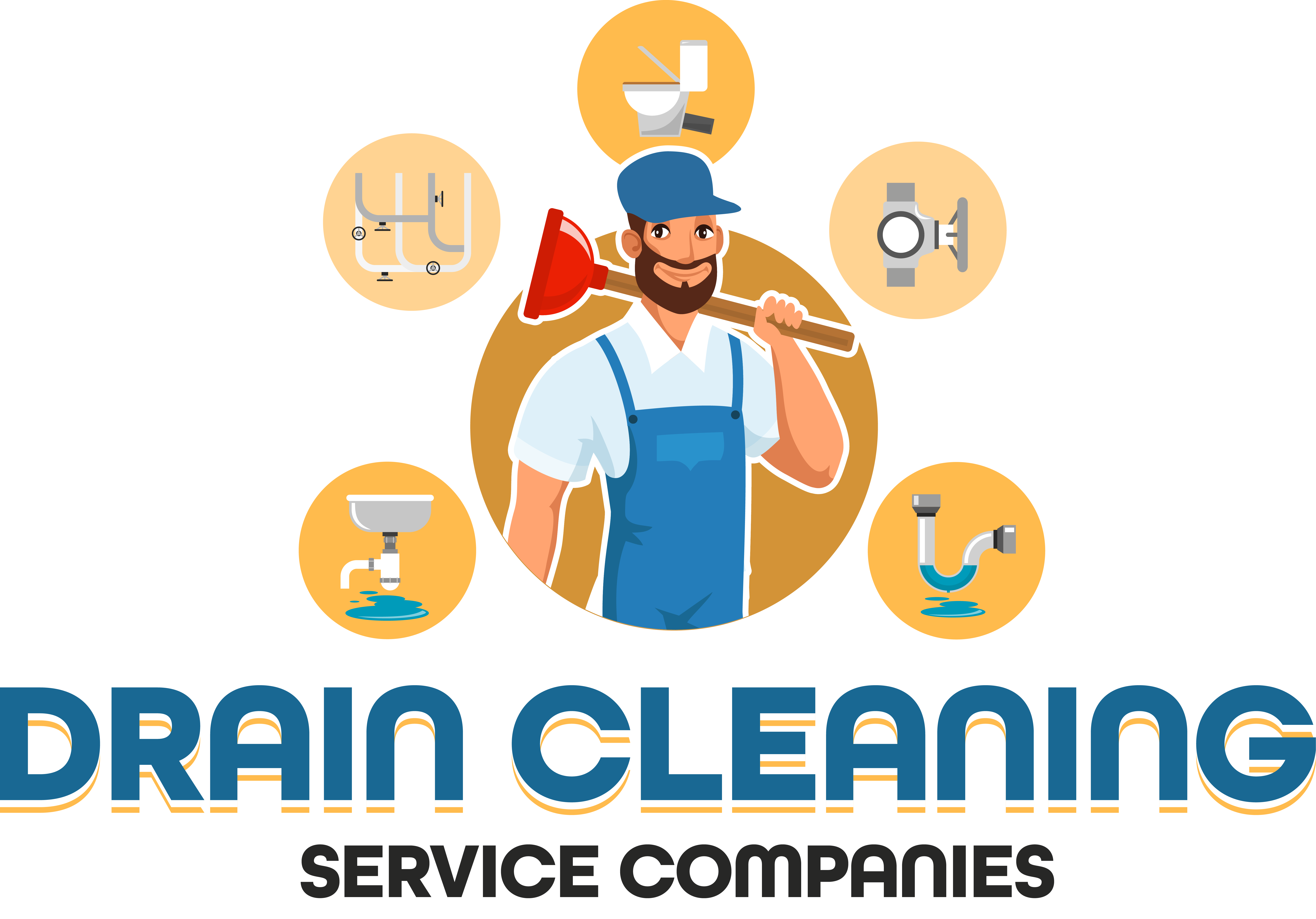
Pipes play an essential role in the proper functioning of our habitat. However, without always being aware of it, many households contribute to their degradation by pouring inappropriate substances into them. In order to guarantee the longevity of your facilities and to preserve the environment, it is important to know the products that should never end up in your sewage system.
Some liquid products not to be poured into its sanitation
Several types of products, chemical or not, seem to be harmful to the pipes. In the case of liquids, there are among others:
- Flammable liquids;
- Substances hazardous to the aquatic environment;
- Fats and oils;
- Rain and pool water;
- Paints and solvents.
Flammable liquids
Gasoline, solvents, burning alcohol or other flammable products represent a considerable danger. Not only can they cause fires or explosions in case of vapour accumulation, but they are also very polluting and difficult to treat in sewage treatment plants.
Read more : Walk-in showers: plumbing errors to avoid
Substances hazardous to the aquatic environment
Some household or chemical products contain components that are toxic to aquatic fauna and flora. These substances, once poured into the pipes, reach the wastewater and can seriously disrupt the ecological balance if they are not completely filtered.
Fats and oils
Whether of vegetable or animal origin, used oils and fats must be strictly avoided in sinks. Cooled, they solidify, accumulate in the ducts, cause traffic jams and promote the proliferation of bad odours.
Rain and pool water
Rainwater collected from roofs must not be discharged into domestic pipes. Similarly, swimming pool water, often loaded with chlorine and other disinfectants, may affect the efficiency of wastewater treatments and pollute the natural environment.
Paints and solvents
Paints and solvents are products that contain volatile and often toxic chemical components. Droved into the sink or toilet, they damage the pipes and disrupt the operation of sanitation facilities.
Some solid products not to be poured into the pipes
In addition to liquids, several solid products can also be very dangerous for your pipes. These include:
- Non-biodegradable objects;
- Medicines;
- Plastics and earth.
Non-biodegradable objects
Wipes, sanitary napkins, cotton swabs, periodic protections or tampons are well-known enemies of evacuation networks. Unlike toilet paper, these objects do not decompose and very frequently cause obstructions.
The medicines
The remains of tablets, syrup or capsules should never be disposed of down the toilet or sink. These pharmaceutical substances can have harmful effects on aquatic biodiversity, even at low concentrations, and alter the quality of treated water.
Earth and plastic products
Earth, in large quantities, can clog ducts and hinder the proper flow of water. As for plastics, whether they are small packaging or particles, they are indestructible in the short term. They are particularly harmful to the environment.
This content may interest you : 7 simple habits to maintain your plumbing system
What are the consequences of spilling these products?
The inappropriate release of certain products into the pipes can lead to serious consequences at different levels. First, there is the risk of traffic jams and congestion, which can cause overflows, foul odours, and even water damage in your home. Secondly, treatment plants are not designed to filter certain chemical or plastic components, which causes direct pollution of waterways. Pouring these products into the pipes can represent a high environmental and financial cost, both for communities and for individuals.
